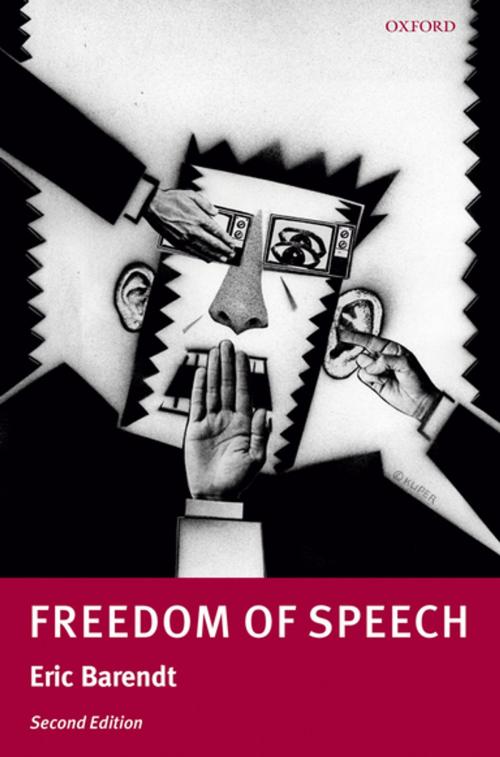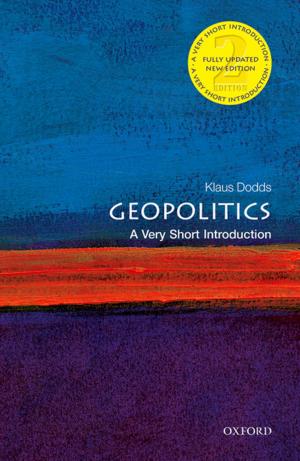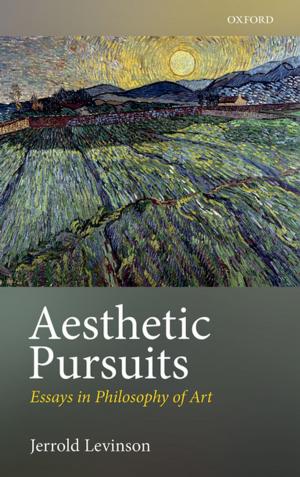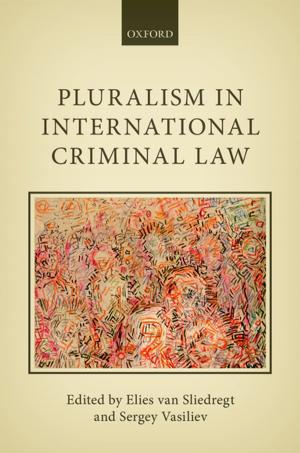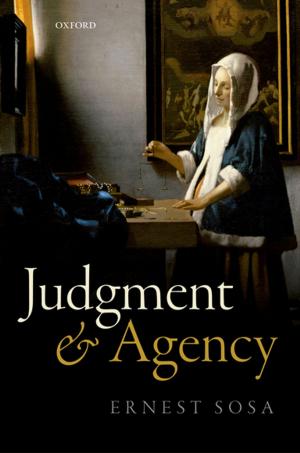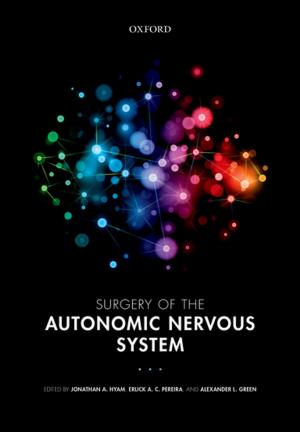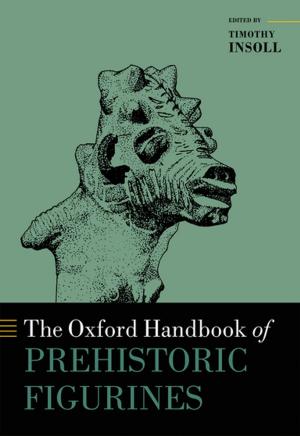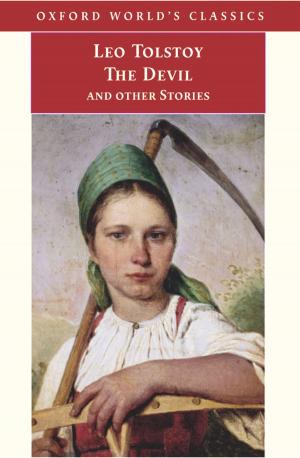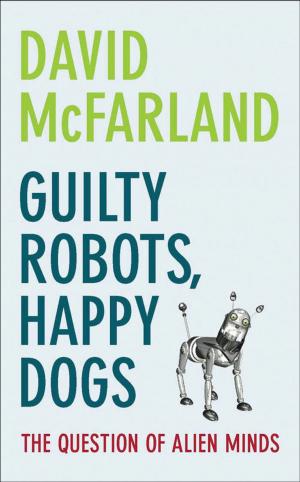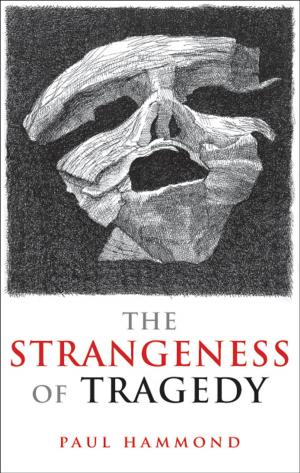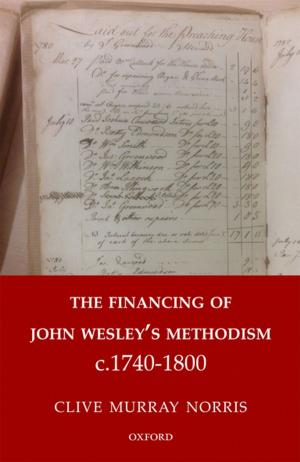Freedom of Speech
Nonfiction, Reference & Language, Law, Civil Law, Social & Cultural Studies, Political Science| Author: | Eric Barendt | ISBN: | 9780191021749 |
| Publisher: | OUP Oxford | Publication: | August 11, 2005 |
| Imprint: | OUP Oxford | Language: | English |
| Author: | Eric Barendt |
| ISBN: | 9780191021749 |
| Publisher: | OUP Oxford |
| Publication: | August 11, 2005 |
| Imprint: | OUP Oxford |
| Language: | English |
This is a fully revised and updated new edition of the classic work first published in 1985. There have been many important developments since the first edition, including enactment of the Charter of Rights and Freedoms in Canada in 1982, the impact of the European Human Rights Convention, and the consideration by English courts of Judgments of the European Court of Human Rights. Social and cultural changes mean that free speech claims are being made in novel contexts: to challenge the validity of bans on tobacco advertising, to publish 'kiss and tell' stories about celebrities, and to resist attempts to regulate the Internet. Barendt considers the meaning and scope of freedom of speech. How far do free speech and expression clauses protect pornography, commercial advertising, and public meetings on the streets? Does this freedom cover desecration of a national flag? Does it include nude dancing? Eric Barendt discusses the legal protection of free speech in countries including England, the United States (including recent decisions of the United States Supreme Court), Canada, Germany, and under the European Human Rights Convention. He examines the varied approaches of different legal systems and constitutional traditions to balancing free speech and freedom of the press against rights to reputation and privacy, and to copyright and explores the case law in light of the philosophical and political arguments for free speech guarantees.
This is a fully revised and updated new edition of the classic work first published in 1985. There have been many important developments since the first edition, including enactment of the Charter of Rights and Freedoms in Canada in 1982, the impact of the European Human Rights Convention, and the consideration by English courts of Judgments of the European Court of Human Rights. Social and cultural changes mean that free speech claims are being made in novel contexts: to challenge the validity of bans on tobacco advertising, to publish 'kiss and tell' stories about celebrities, and to resist attempts to regulate the Internet. Barendt considers the meaning and scope of freedom of speech. How far do free speech and expression clauses protect pornography, commercial advertising, and public meetings on the streets? Does this freedom cover desecration of a national flag? Does it include nude dancing? Eric Barendt discusses the legal protection of free speech in countries including England, the United States (including recent decisions of the United States Supreme Court), Canada, Germany, and under the European Human Rights Convention. He examines the varied approaches of different legal systems and constitutional traditions to balancing free speech and freedom of the press against rights to reputation and privacy, and to copyright and explores the case law in light of the philosophical and political arguments for free speech guarantees.
